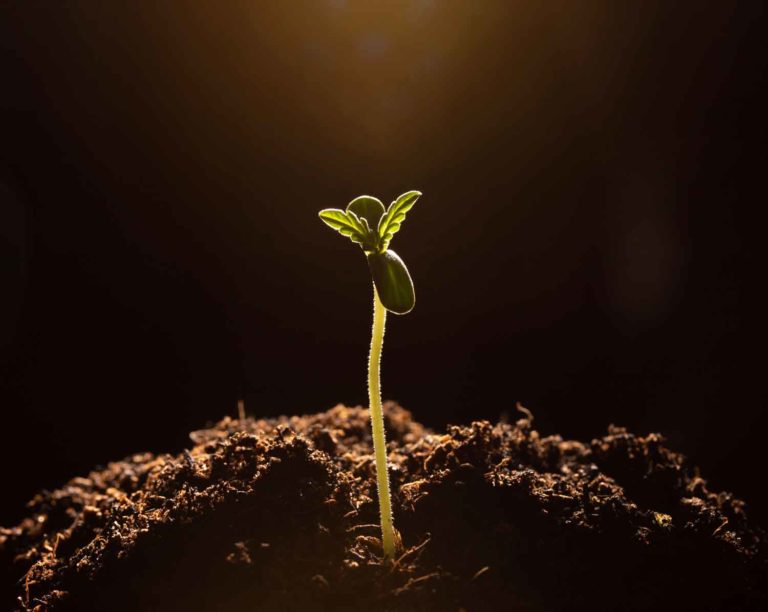
One thing farmers expect when they seed for their fields is consistency. If they purchase a bag of corn seed, they will get corn. However, it doesn’t always work that way when it comes to hemp. Unfortunately the Georgia hemp industry is feeling those inconsistencies. Researchers at the Institute of Plant Breeding, Genetics and Genomics (IPBGG) at the College of Agricultural and Environmental Science discovered recently how different a packet of hemp seeds can be.
Industrial Hemp
Hemp is the same plant as cannabis. The biggest difference is hemp contains no more than 0.3 percent of Delta 9 in it. Less than 0.3 is considered industrial hemp. Any plant with over 0.3 is considered cannabis. With such a small margin of error between both classifications of the same plant, the plants must be continuously tested to make sure the law is followed.
In Georgia, should tested plants have higher Delta 9 than allowed by law, a farmer’s entire crop will be destroyed and they could potentially receive criminal charges for growing an illegal crop, even if they were intentionally growing hemp, not cannabis.
Testing
IPBGG recently published a paper on their recent findings of various hemp plants and seed packets being sold to Georgia farmers. “We were looking at commercial hemp accessions to see how consistent they were,” said Dr. Matthew Johnson, 2020 doctoral graduate and lead author on the paper.
Taking a typical hemp seed packet sold to farmers across the state, Dr. Johnson and his team planted each seed individually and grew them in an enclosed greenhouse to see how each seed grew and what kind of plant it became. Some seeds looked and tested similarly to each other, showing they were from the same family of plants. Others, however, grew completely different from each other. Dr. Johnson said they didn’t even look like the same plant despite coming from the same package.
How is this possible? “This is because breeding and growing hemp has been illegal for decades,” Dr. Johnson explained. “All of this breeding has been done under the radar — sometimes literally in people’s closets — so it just hasn’t had the quality control that a normal seed industry would have.
“Many of the batches of seed came with a Certificate of Analysis from the company that says ‘This plant will produce this much CBD and this much THC,’” Dr. Johnson continued. “We tested them and showed that the plants, fairly consistently, had much less CBD than the companies claimed they would, and [also] much more THC.”
Future
What does this mean for hemp farmers? It means they should test a wider variety of plants grown on their fields for THC and CBD content. “We’re not trying to be doom and gloom, this is just growing pains for this industry,” Dr. Johnson said. “We just don’t want people to get burned by not realizing that the industry has some issues right now. They need to be aware of these and go in with their eyes wide open.”
Because of the inconsistencies found in hemp seeds and the astronomical prices of seeds, Dr. Johnson and his team want farmers to have a fair chance in the field and know what they’re getting into. There’s a need for their harvests and fields. However, farmers need to remain vigilant on testing and smart about who they purchase from.
Make sure to check back for more cannabis and hemp related news.